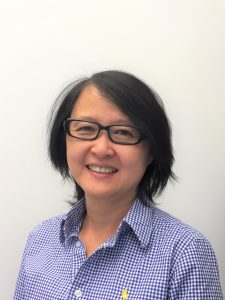A multi-institutional team including Ling Xie and Xian Chen identify a new oncogenic driver in triple negative breast cancer.


Abstract: Protein hydroxylation affects protein stability, activity, and interactome, therefore contributing to various diseases including cancers. However, the transiency of the hydroxylation reaction hinders the identification of hydroxylase substrates. By developing an enzyme-substrate trapping strategy coupled with TAP-TAG or orthogonal GST- purification followed by mass spectrometry, we identify adenylosuccinate lyase (ADSL) as an EglN2 hydroxylase substrate in triple negative breast cancer (TNBC). ADSL expression is higher in TNBC than other breast cancer subtypes or normal breast tissues. ADSL knockout impairs TNBC cell proliferation and invasiveness in vitro and in vivo. An integrated transcriptomics and metabolomics analysis reveals that ADSL activates the oncogenic cMYC pathway by regulating cMYC protein level via a mechanism requiring ADSL proline 24 hydroxylation. Hydroxylation-proficient ADSL, by affecting adenosine levels, represses the expression of the long non-coding RNA MIR22HG, thus upregulating cMYC protein level. Our findings highlight the role of ADSL hydroxylation in controlling cMYC and TNBC tumorigenesis.
